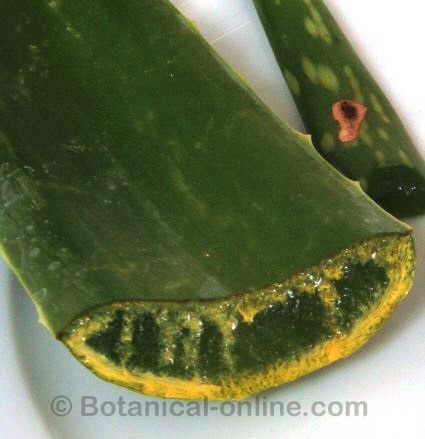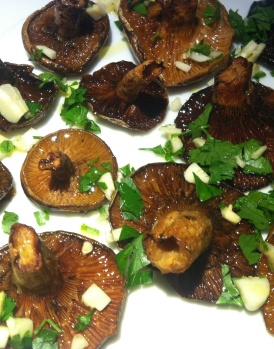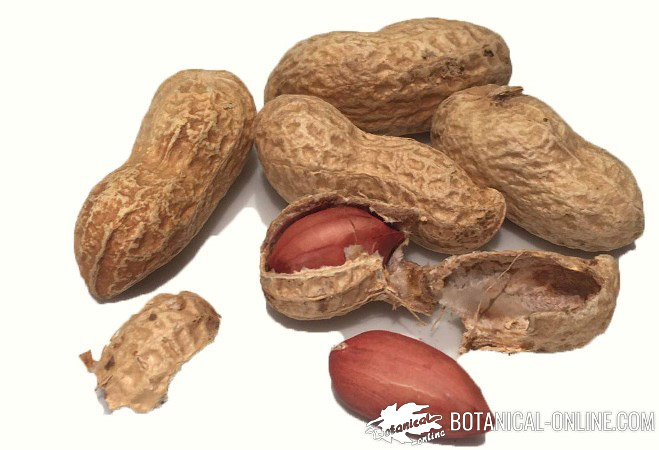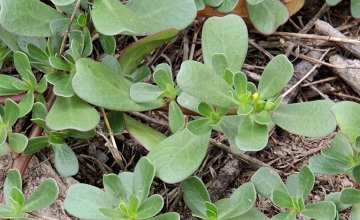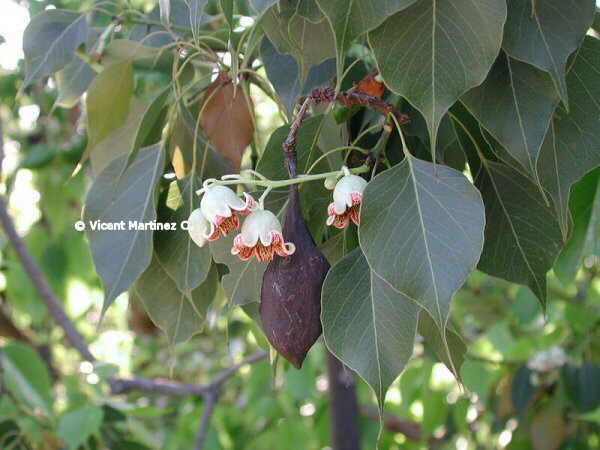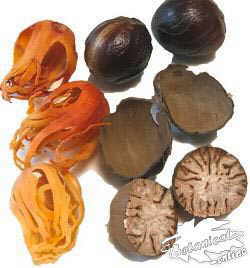Virtues of thyme
What kind of plant is thyme?
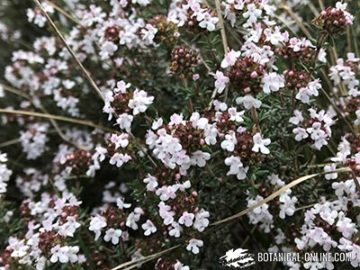
Thyme (Thymus vulgaris L.) is a medicinal plant widely used in natural treatments since ancient times, especially in the Mediterranean region, where the plant originates from.
It belongs to the Lamiaceae family of plants, just like lavender, oregano, rosemary, savory or mint. All these plants have in common that they are very rich in essential oils (1-3%), which explains their intense smell and justifies their culinary use as aromatic herbs.
What properties does thyme have?
Many medicinal uses are known for this medicinal plant. Among these, thyme stands out for being a highly valued antiseptic.
Already in Ancient Egypt, thyme was used in mummification ceremonies. In fact, some authors suggest that the scientific name of the plant, “Thymus“, derives etymologically from “tham“, a word to designate the spices used in the embalming of the deceased.
Other authors say that Thymus derives etymologically from the Greek and means “fragrant, to fumigate“, which again suggests its antiseptic properties. Thyme is therefore a very useful plant in natural medicine for the treatment of all kinds of infections.
*Related information:
Thyme herbal remedies for the skin
![]() More information on thyme
More information on thyme


